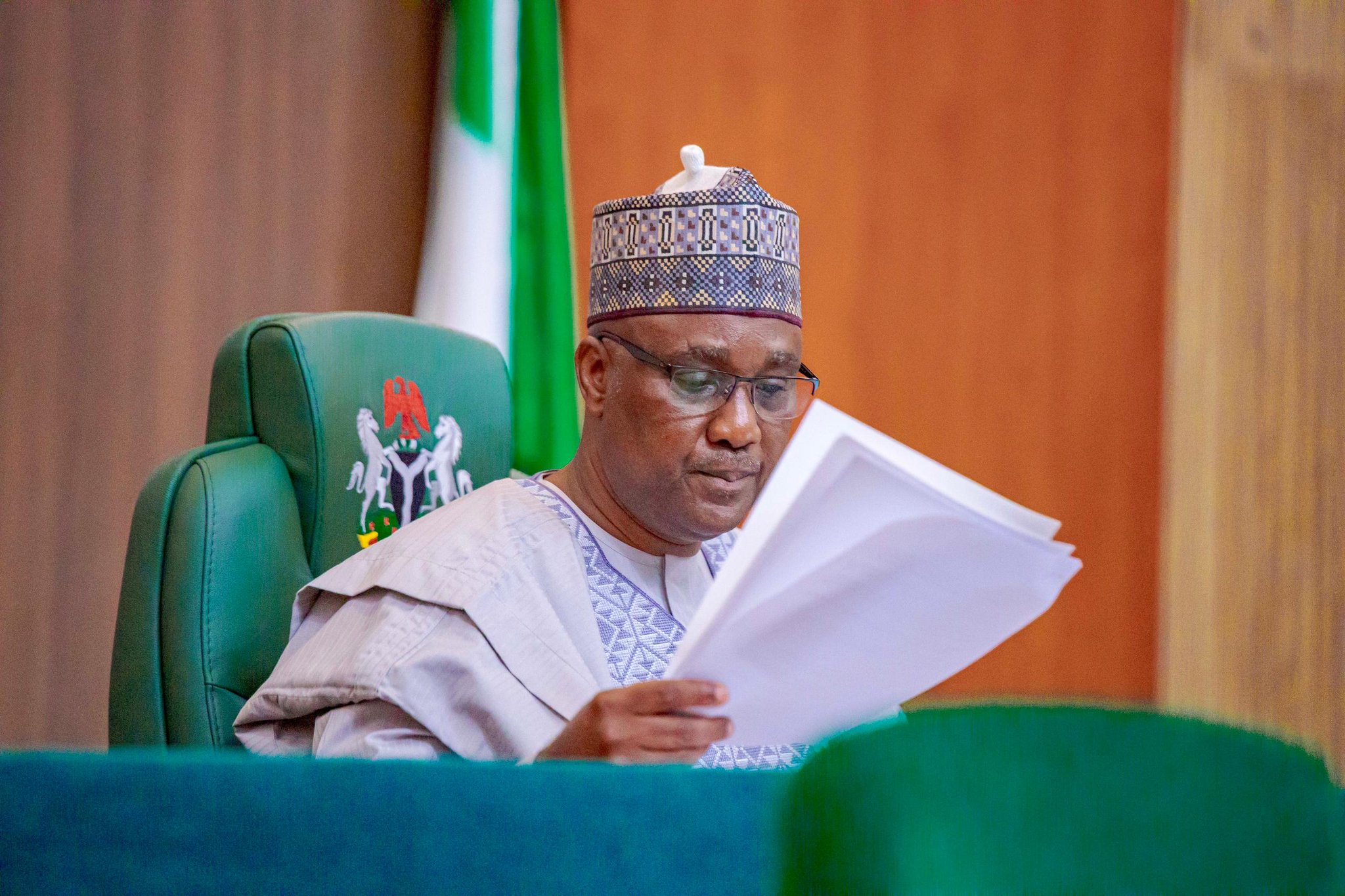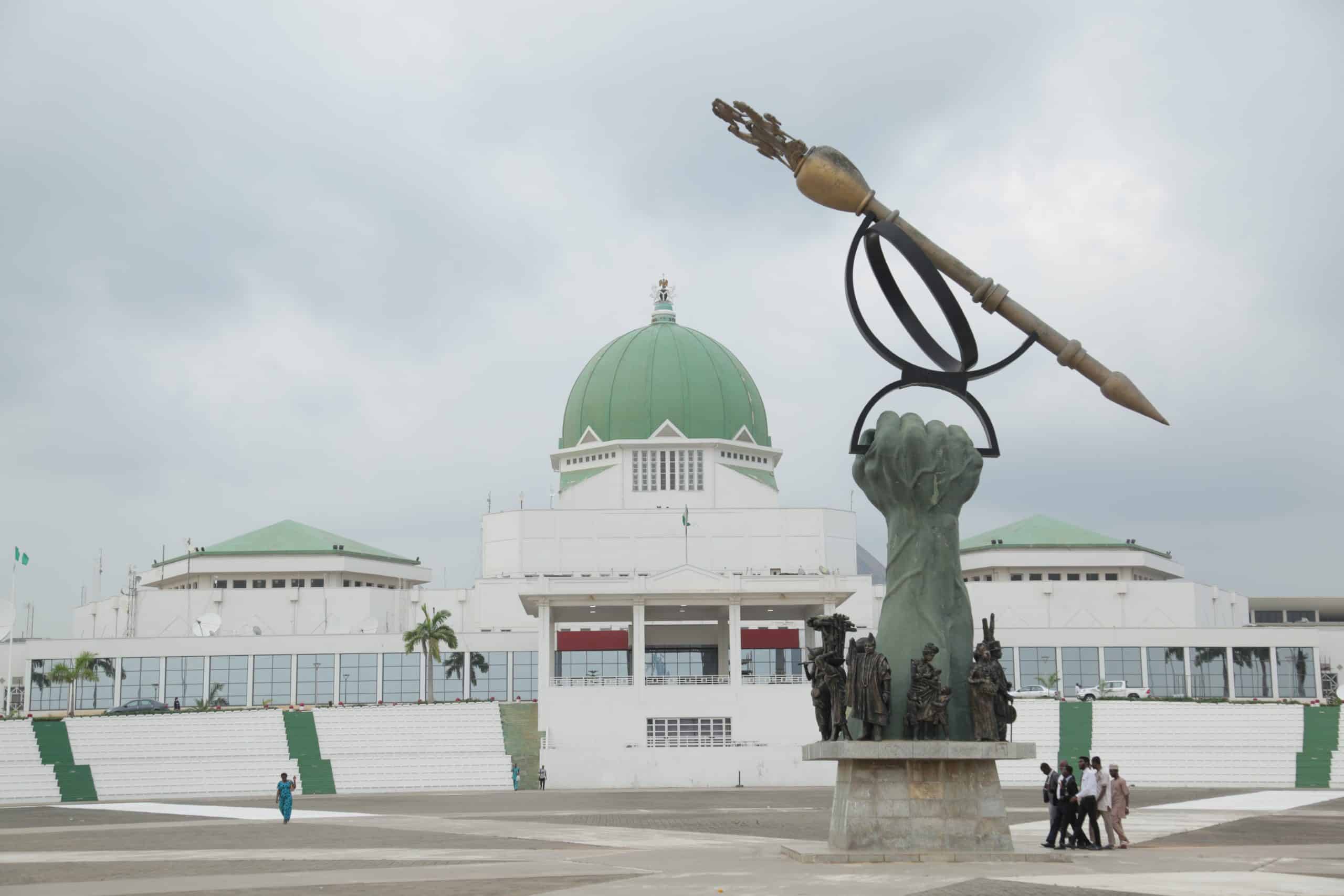- Business Insider Africa presents the top 5 most used energy sources in Nigerian households.
- This list is courtesy of a report by the National Bureau of Statistics.
- Electricity is the most used energy source.
Place your adverts here on InfoDig @ low rates; banner ads, sponsored links and guest articles etc. Contact us
It goes without saying that the primary source of energy for residents of the West African country of Nigeria, is electricity. While not an ideal figure, a little over 50% of households are connected to the national grid.
According to the Federal Ministry of Power, as seen in the 2024 Nigeria Residential Energy Demand-Side Survey (NREDSS), by the country’s National Bureau of Statistics, more than 175 million Nigerians lack access to clean cooking energy.
This has far-reaching consequences for the economy, public health, women's rights, deforestation, and climate change.
Also, Nigeria’s energy sector has experienced dramatic changes in the last year. The constantly increasing cost of fuel and diesel have forced residents to look for alternative energy sources.
“4.8 percent of households purchased an average of 7.38 liters of diesel or petrol on average of 763 per liter from either PMS Filling station (86.7 percent) or Petty vendors(13.3 percent). Although, the purchase and usage of diesel or petrol was done within 9 days,” the report reads.
This is particularly interesting given that the Nigerian household has been heavily reliant on fuel powered generators for electricity production, given that the country’s electrical infrastructure has failed to be up to par.
With that said, below are the most used energy sources in 2024.
NREDSS report
The 2024 Nigeria Residential Energy Demand-Side Survey (NREDSS) was conducted to determine the amount of home energy purchase, use, sales, fuel conversion technologies, and other socioeconomic indicators.
The energy in focus consists of fuelwood (firewood), charcoal, LPG, kerosene, and modern bioenergy used for cooking, heating, lighting, and other energy types for powering electrical appliances throughout nine states.
The nine states are Akwa Ibom, Bauchi, Ekiti, Enugu, Kano, Kwara, Oyo, Plateau, and Sokoto.
A survey with a total of 7,706 household interviews were conducted across the 9 states, which was done in 17 days from 19 April to 5 May 2024.
Top 5 most used energy sources in Nigerian households
Electricity
Within the report's limitation, 58 percent of households in Nigeria are found to be linked to the national grid.
86.6 percent had access to electricity during the reference period. Eighty-two percent of the homes with a national grid connection used an estimated billing system, while 14.8 percent said they utilized a pre-paid billing system.
Additionally, during the review period, families' average monthly power cost was projected to be ₦4,155.8.
Fuel wood
According to the findings from the report, 67.8% of households in the areas surveyed indicated they burned fuelwood for commercial, cultural, religious, agricultural, or home purposes.
“Overall, an average of 201.6 kg of fuelwood was used by households for different purposes,” the report reads.
“Further analysis of fuelwood usage shows that 230.3 kg was used for cooking, followed by 194.6 kg for commercial uses, and 20.3 kg was reported as the least for cultural or religious uses,” it adds.
Charcoal
As for charcoal, 21.6 percent of households bought this fuel material, as 0.3 percent reported their own production, and 0.6 percent obtained charcoal through other sources in the 30 days preceding the interview.
“The distribution of households who cut wood for charcoal production stood at 64.7 percent, purchase was 27.2 percent, and both cut and purchase recorded 8.1 percent,” the report reads.
22.0 percent of households reported using 117.0 kg of charcoal for numerous reasons.
Liquefied petroleum gas
This energy source which is more prevalent in the urban centers was used by 19.4 percent of households in the review period.
The report revealed that the average monthly LPG spending across nine states was ₦10,239.7.
Residues and garbage plastics
Further findings from the report revealed that 11.3 percent of households acquired agricultural residues and garbage/plastics, as fuel.
During the 30 day period under review, 702 kg of agricultural leftovers, rubbish, and plastics were collected.














